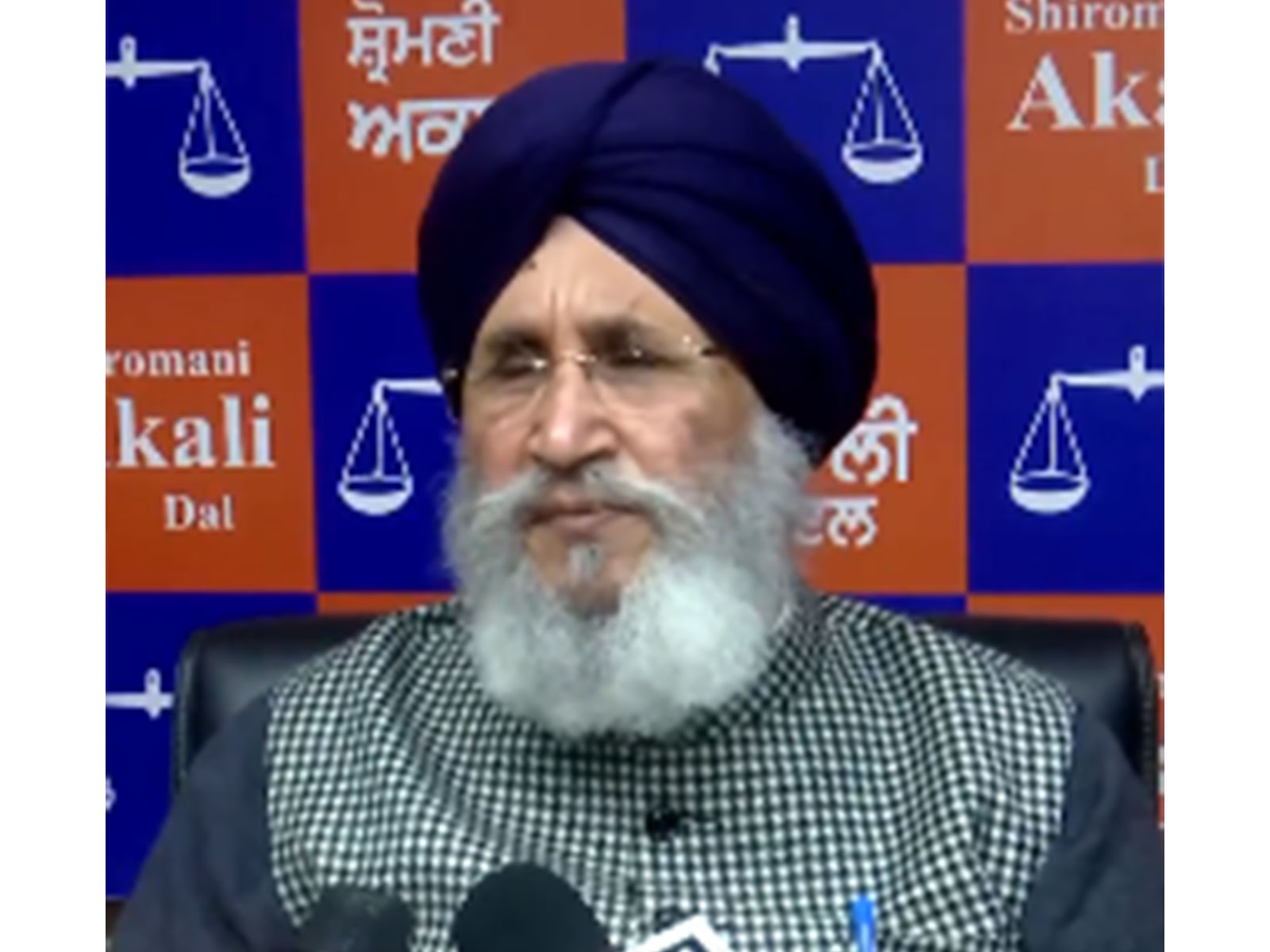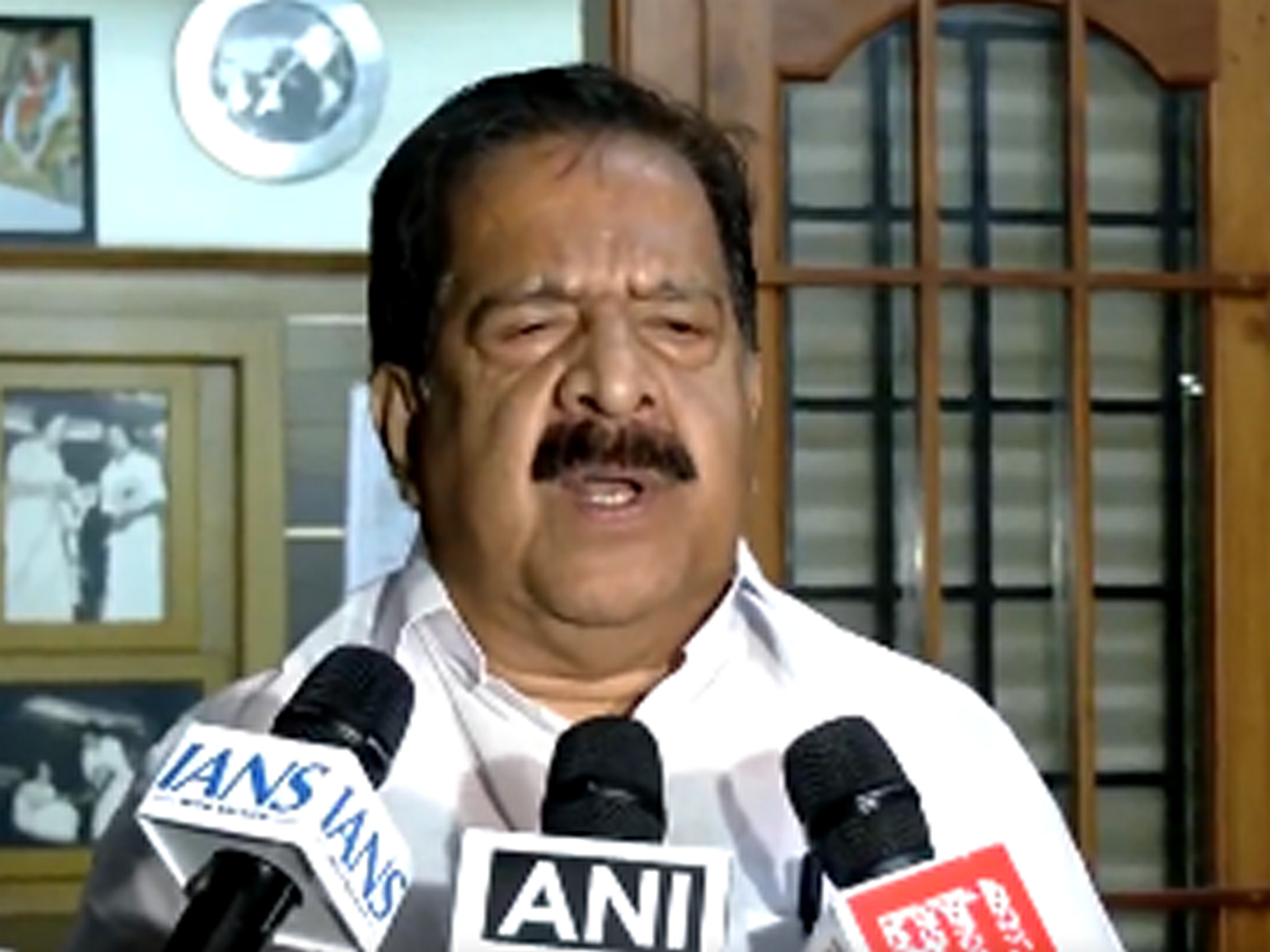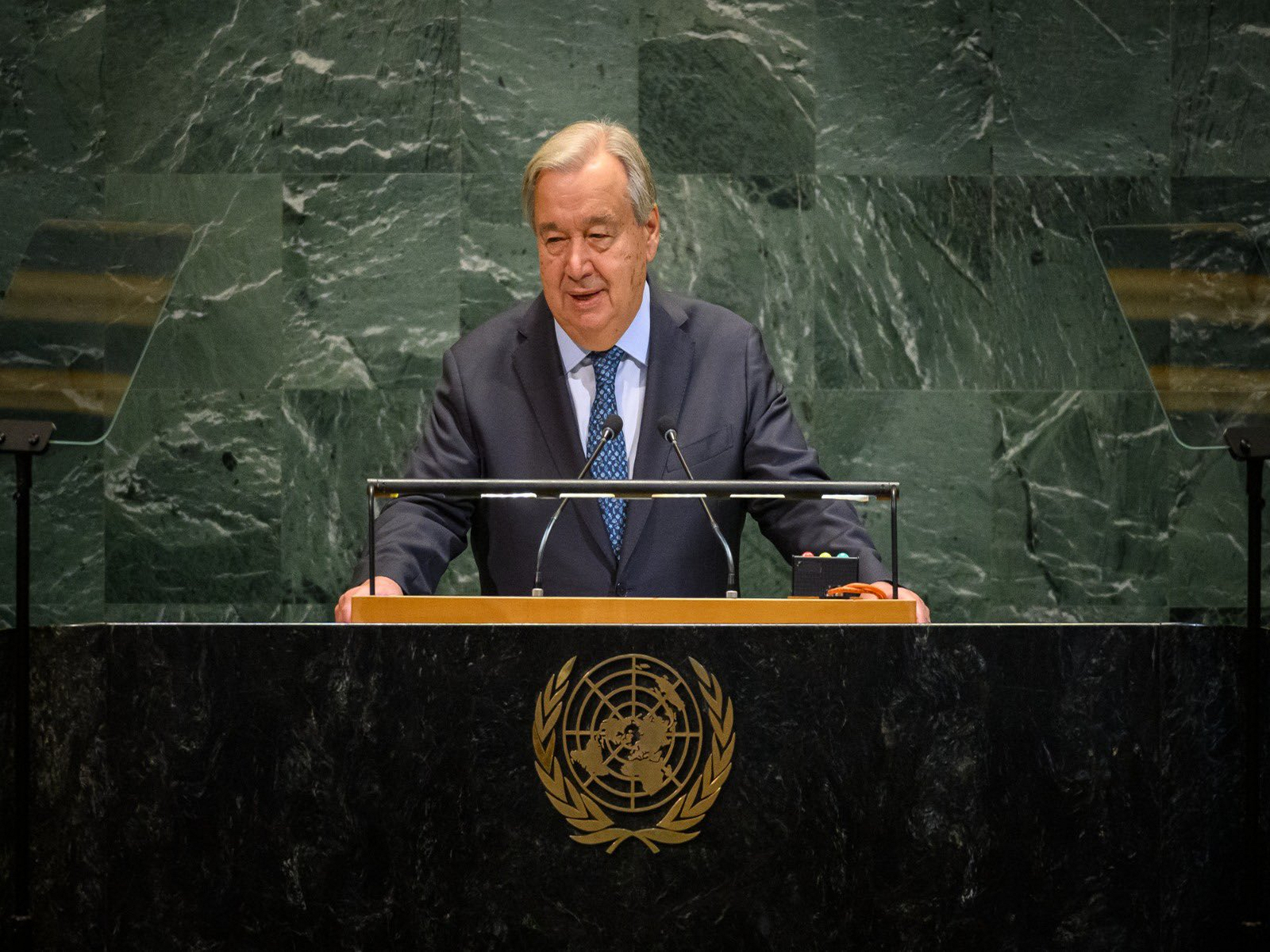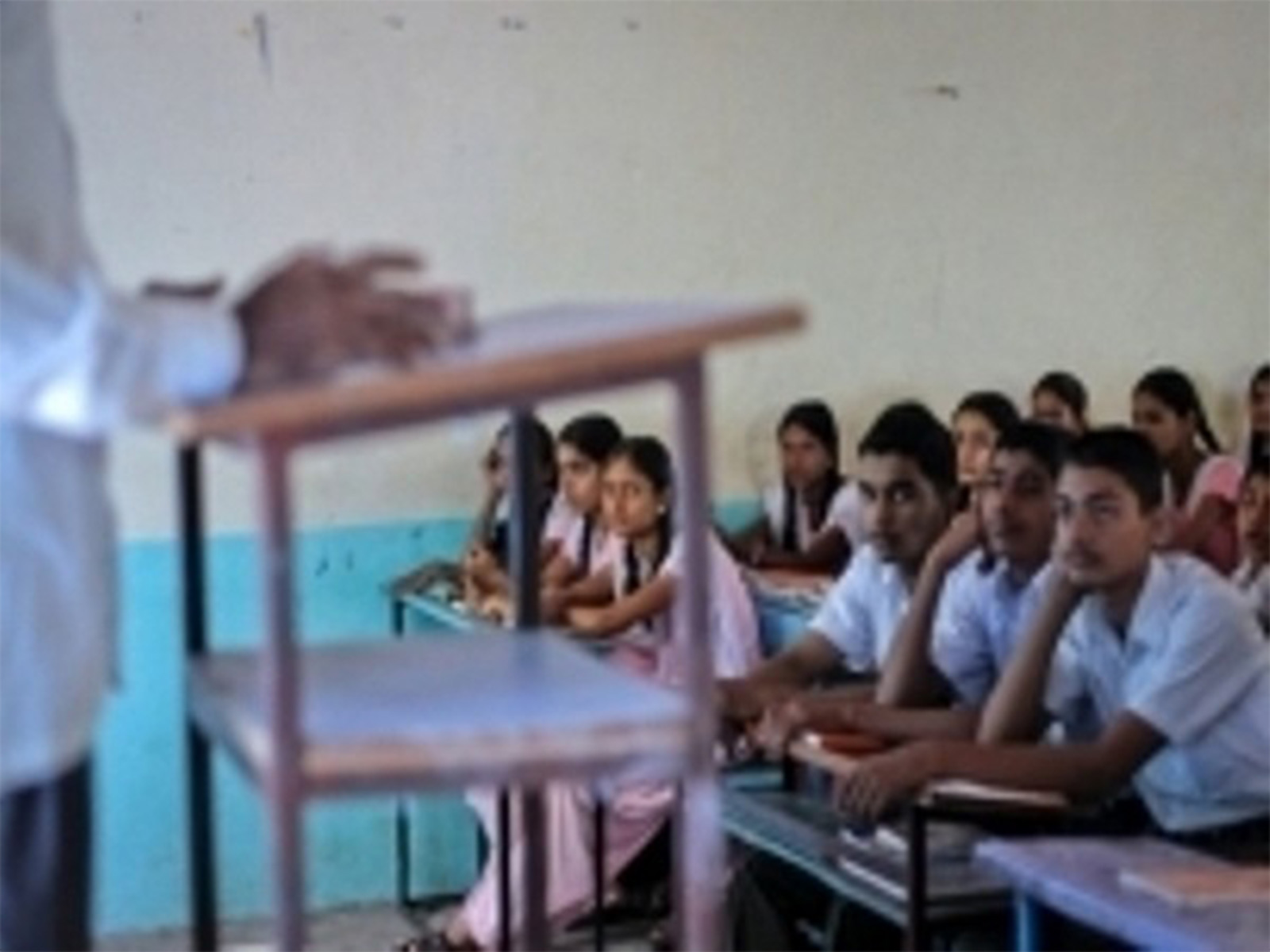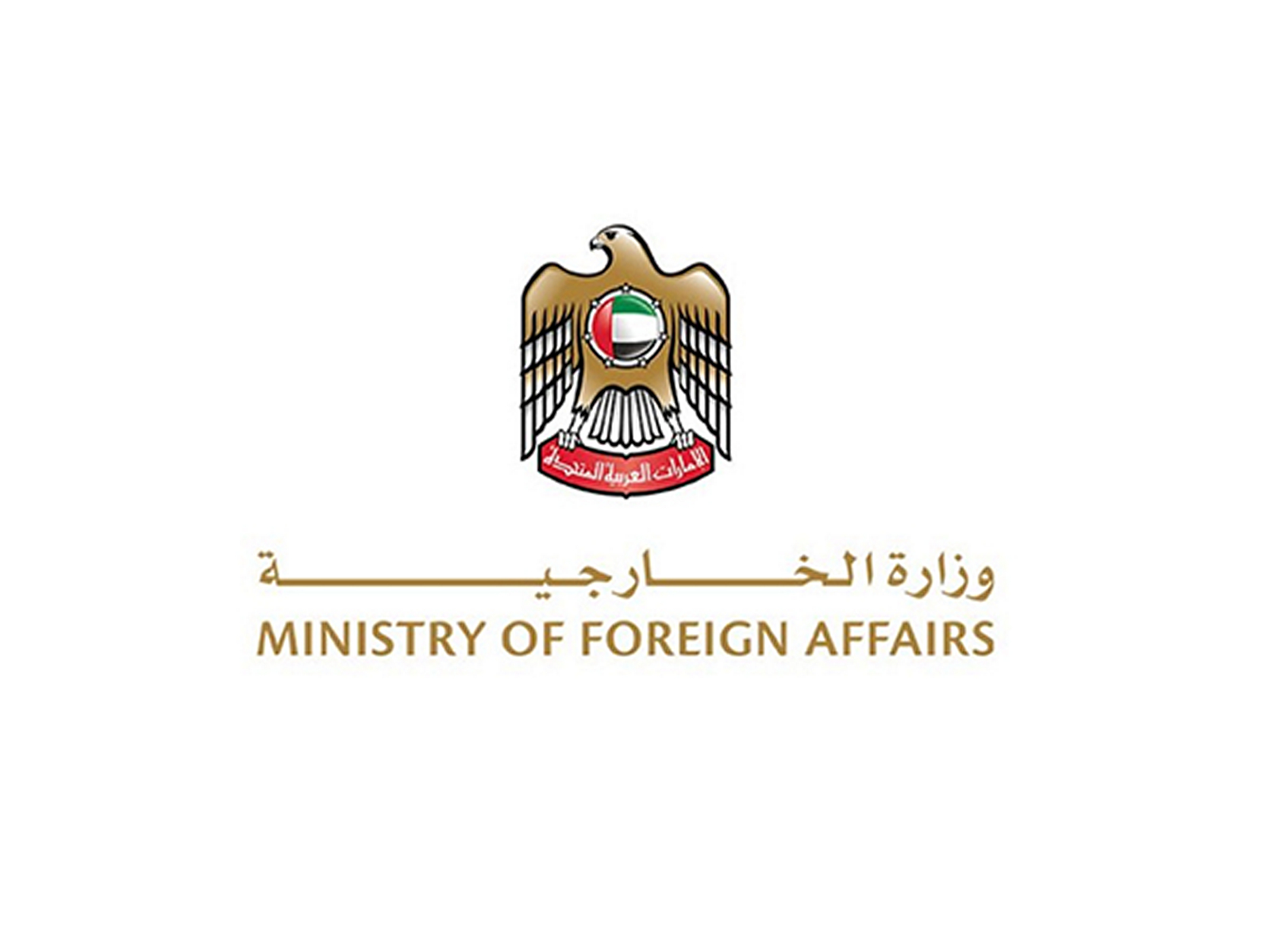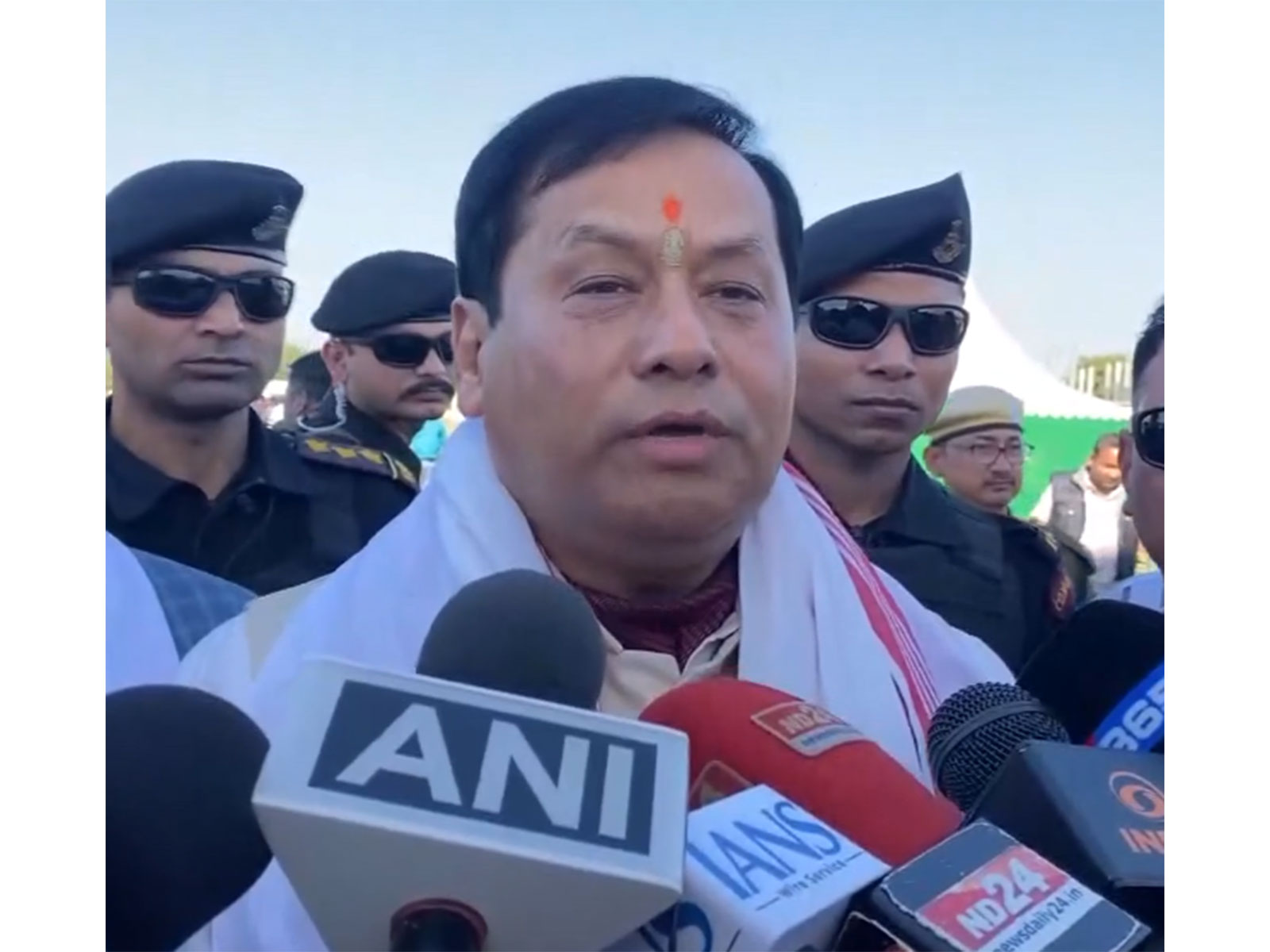How Eid al-Adha is celebrated in different countries across the globe
Jul 19, 2021

By Devashish
New Delhi [India], July 19 : The holy festival of Eid al-Adha, also known as the 'festival of sacrifice' or Greater Eid, is celebrated on the 10th day of Dhu al-Hijjah, the 12th month of the Islamic or lunar calendar.
Also known as Eid Qurban or Qurban Bayarami, it marks the end of the annual Hajj pilgrimage. This year, the crescent moon for the Zul Hijjah was sighted on July 11, as per Jamiat Ulama-i-Hind. This means that Bakrid will be celebrated on July 21 in India. However, in Saudi Arabia, it will be celebrated a day earlier on July 20, 2021.
Eid al-Adha is the second Islamic festival of the year and follows Eid al-Fitr, which marks the end of Ramadan, the holy month of fasting. The date changes every year, as it's based on the Islamic lunar calendar, which is about 11 days shorter than the Western 365-day Gregorian calendar. It is celebrated as a commemoration of Prophet Abraham's willingness to sacrifice everything for God.
The same story appears in the Bible and is familiar to Jews and Christians. One key difference is that Muslims believe the son was Ishmael rather than Isaac as told in the Old Testament. In Islam, Ishmael is regarded as a prophet and an ancestor of Muhammad.
According to the Quran, Ibrahim was about to sacrifice his son when a voice from heaven stopped him and allowed him to make something else as a 'great sacrifice'. In the Old Testament, it is a ram that is sacrificed instead of the son. To mark this occasion, Muslims re-enact Ibrahim's obedience with the symbolic sacrifice of a lamb, goat, cow, camel, or another animal that is then divided into threes to be shared equally among family, friends and the needy.
Eid is an occasion of joy and peace, where people celebrate with their families, let go of past grudges and make meaningful connections with one another.
Around the world, Eid traditions and festivities vary and many countries have unique cultural approaches to this important festival.
The occasion falls on the 10th day of the Islamic month, Dhul Hijjah, which unlike Eid-ul-Fitr is not based on sighting the moon. The UAE government annually grants a public holiday of at least three days, the most important one being the day before Eid al-Adha, called 'Day of Arafat'.
The day begins with the Eid prayer on the grounds of Eidgah, and people congratulate each other with hugs and by saying 'Eid Mubarak'.
Following that the three-day feast begins, with food and 'Eidi' gifts galore. Children dress up in their best clothes and offer Eid biscuits around the neighbourhood. People celebrate by decorating their homes with Eid banners and by carrying on the tradition of gifting 'Eidi' to the younger family members. This is followed by an enormous breakfast including delicacies such as 'Doodh Khurmo, also known as Sheer Khurmo.
On the first day of the Sacrifice Feast in Turkey, men from each family traditionally go to the mosque for special morning prayer. In some parts of the nation, the sacrificed goat is henna-painted and adorned with ribbons. In recent years, some Turkish people have started making donations to charity organizations instead of sacrificing animals.
People usually wear their best clothes during the Sacrifice Feast. They welcome guests to their homes or visit relatives and friends during the holiday. Young people greet their older relatives and neighbors by kissing their hands as a sign of respect. Some people in Turkey even use the holiday period to go on a vacation.
Known as 'Eid-el-Kibr' in Egypt, the occasion is endowed with a greater significance than the festival of Eid ul-Fitr. The day begins largely traditional, with prayers and a sermon followed by a large family gathering. People meet with their friends and loved ones, wishing one another 'kol sana wa inta tayeb', which translates to 'I hope every year finds you well'.
In order to honour Prophet Ibrahim, 'Qurbani' meat is donated with great generosity and those who are wealthy along with many charitable organisations will give meat and other foodstuffs to families who are hungry. The entire country including the poor and needy look forward to this time when they can receive nutritious meat.
Iranian Muslims dress formally for Eid prayers, known as Namaz Eid, which are held in mosques and in open areas around the country. Readings from religious texts are also broadcasted. In Iran, it is also known as the 'salty Eid' for food, because a larger variety of its dishes are savoury and formed of beef or mutton, depending on what animal has been slaughtered.
The meat is used to make various kebabs and haleem, a stew made of wheat or barley and meat. Alongside the meat dishes, Iranians eat baghali, rice with fava, broad beans and dill.
Eid al-Adha is called Id-ul-Adha in Arabic and Bakr-Id in the Indian subcontinent, because of the tradition of sacrificing a goat or 'bakri'. It is a festival that is celebrated with traditional fervor and gaiety in India.
Many Muslims wear new clothes and attend an open-air prayer meeting during Id-ul-Zuha. They may sacrifice a sheep or goat and share the meat with family members, neighbors and the poor. Many Muslims feel that they have a duty to ensure that all Muslims can enjoy a meat-based meal during this holiday.
The festival is celebrated with a 4-day religious holiday, rather than the 3-day celebration common in most other countries. The occasion begins with a short prayer followed by a sermon and all shops are closed cause people spend the day in prayer and performing the Qurbani sacrifice.
The meat from animal sacrifices is then distributed among friends, relatives, and the poor. As in other countries, families will come together to share food and exchange gifts
The holy festival is known as 'Kurbanir Eid' or 'Bakri Eid' in Bangladesh and is observed as both a religious occasion and a festal one. Nearly a month before the festival begins, preparations start with sweet shops, gift stores and cloth vendors stocking their shelves with the goods enjoyed by families across the country.
In Bangladesh, cows, goats and buffalos are commonly chosen and the slaughter begins directly after the namaz (prayer ceremony) on the first day, continuing for the next two to three days.
The Muslim Association of Canada (MAC) holds Eid festivals to celebrate Eid al-Fitr and Eid al-Adha, which offer celebrations including a carnival of fun rides, shows, sports tournaments and various international cuisines. Thousands of people, including key leaders, often attend these events and some politicians publicly announce their best wishes to those celebrating the festival, which can last for up to a few days.
Though it's not a nationwide public holiday in Canada, some Islamic organizations may close or offer a reduced level of service and there may be some local traffic congestion around mosques and venues where Eid al-Adha celebrations are held.
Many Muslims in the United States celebrate Eid al-Adha with prayers and social gatherings. The Eid al-Adha services attract thousands of Muslims in various places such as Chicago (Illinois) and Orlando (Florida). Many Muslims of different heritages, including Pakistan, as well as Eastern European and African countries, wear traditional clothes and share their national dishes.
It is a time for prayer, sharing meals, handing out gifts, and wishing one another well. While some Muslims seek out a farm where they can carry out the sacrifice, many also send money to their native lands to help fund a sacrifice. The celebration lasts for up to three days and is a time to seek mercy from God.
On Eid al-Adha, Muslims in the UK usually start the day by performing ghusl, a full-body purification ritual. They then dress in their finest outfits and attend a prayer service at an outdoor prayer ground or the local mosque. Afterward, it is customary for them to embrace and wish each other, give gifts to children, and visit friends and relatives.
The occasion has a celebratory character, and the day may be rounded off by visiting funfairs or festivals held for the occasion in some British cities. Initiatives to improve the quality of life or opportunities in Muslim communities around the United Kingdom might be launched on Eid ul-Adha. Some mosques also hold study days or lectures on aspects of Islam and Islamic history.
Most Muslims celebrate Eid al-Adha in the same traditional sense but of course, cultural celebrations and practices for the occasion differ from East to West and from one country to another. With approximately two billion Muslims across the globe, there are several things that everyone will do on Eid.
Amid the ongoing COVID-19 pandemic, let us hope we can leave behind these challenging times together for a period of happiness, compassion, and peace. Eid Mubarak!




